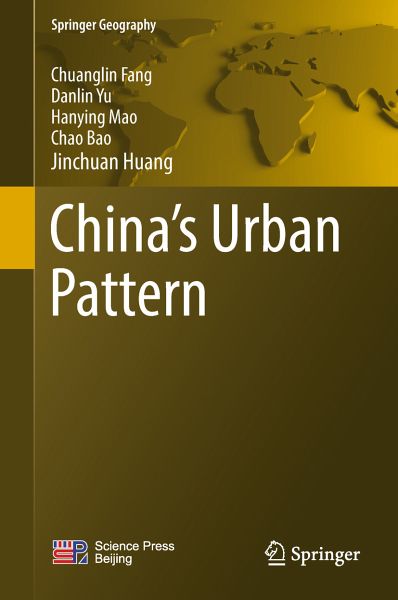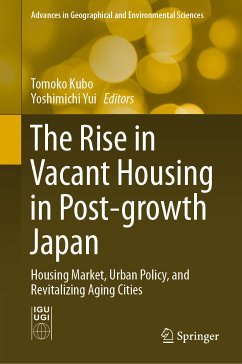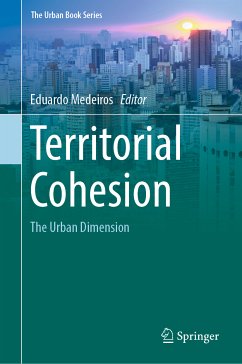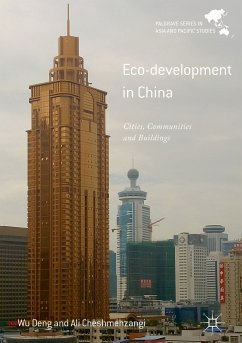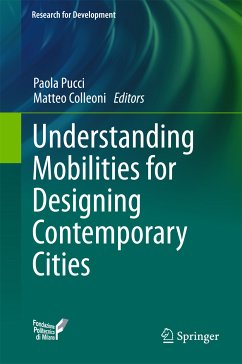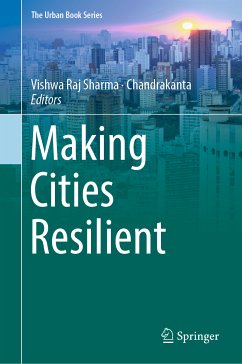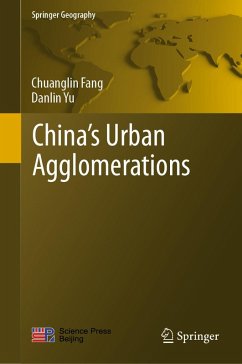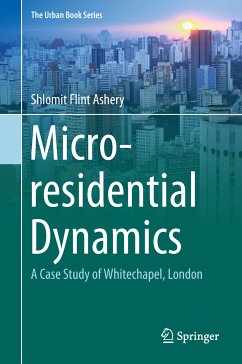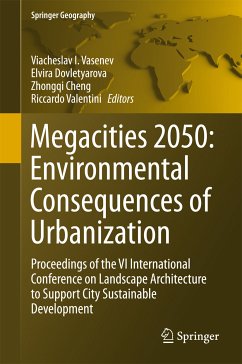Dr. Fang Chuanglin
Dr. Fang Chuanglin obtained his Ph.D. in Geography in 1998 from the Institute of Geography at the Chinese Academy of Sciences-National Planning Committee. He then conducted his post-doctoral research from 1998 - June 2000 in the Department of Urban and Environmental Studies, Peking University. Dr. Fang currently serves as the Associate Director of the National Key Laboratory for Sustainability Development Analysis and Simulation, Chinese Academy of Sciences; Director of the Center for Regional and Urban Planning and Design Research, and Department of Urban Geography and Urban Development of the Institute of Geographic Science and Resources, Chinese Academy of Sciences. He is also a professor and Doctoral faculty of the Institute of Geographical Science and Resources, Chinese Academy of Sciences, and a Distinguished Professor of Changjiang Scholar. He is currently a member of the International Society of City and Regional Planners (ISOCARP), executive council member of the Regional Science Association (RSA) China Division, director of the Human Geography Specialty Committee of the Chinese Geographic Society, executive council member of the Chinese Urban Science Association, executive council member of Chinese Regional Science Association, council member of Chinese Urban Planning Association, council member of China's Urbanization Promotion Association, executive council member of Integrated Development of Urban and Rural Areas of the China's Urbanization Promotion Association, council member of the China's Geographic Society, council member of Beijing Urban Science Association, associate director of Urbanization Specialty Committee, council member of Beijing Urban Planning Association and associate director of Urbanization and Regional Development Strategies Committee, lecturing professor of the Capital Normal University (via special programs of Beijing Educational Committee's Talent Supporting School Development Project), professor at the University of Chinese Academy of Sciences, guest professor of Xinjiang University, member of the State Coucil's expert group for reconstruction and planning for the post-earthquake Wenchuan, Chairperson for Urban Agglomeration and Development Research Committee of the National Urban Strategy Committee, member of the expert group for Innovative National Strategies Promotion Committee, planning expert for National Development Bank, member of the rural planning expert committee of the Department of Housing, spatial distribution and planning expert for China's International Engineering Consultant Corporation, distinguished expert for China's Environment and Development International Cooperation Committee, member of the expert committee for China's Tumen River regional collaborative development and planning, the Chief Expert for China-North Korea Luoxian Economic Trade Zone Planning, Chief Expert for China-Japan Tangshan Caofeidian Eco-industrial Park Management Committee, Evaluating Expert for China-US Green Cooperation Partnership Plan, expert of the "Hundred-Expert Forum" of Chinese Cities, Executive Associate Editor of Collection of China's Human Geography, Associate Editor of Collection of China's Urban Geography, Chief Expert for Jiangsu Province's Decision Consultation Research Base, Distinguished Expert for Hubei Province's Center for Yangtze River Economic Belt Strategic Research, Distinguished Expert for Ningxia Hui Autonomous Region, and Expert Consultant for Beijing, Nanjing, Zhengzhou, Chongqing and Baoding.
In recent years, Dr. Fang has mainly engaged in the research and teaching of urban geography, urbanization and city planning. Dr. Fang has conducted in-depth studies in different types and at different spatial scales of China's Urban Master Planning, detailed urban regulatory planning and industrial agglomeration planning, sustainable development of China's urban agglomeration, China's urbanization process and resources and environment security, and urbanization and its relevant ecological effects. He has served as Principal Investigators in over 100 awarded national and regional grants, including Major Projects of the National Social Science Foundation, Key Projects of the National Natural Science Foundation of China, Major Project of the Ministry of Science's "Eleventh Five-Year" Science and Technological Support Plan, National 973 project, Planning Projects of the National Development and Reform Commission's "Eleventh and Twelfth Five-Year-Plan", Project of the State Environmental Protection Department's "Twelfth Five-Year" Plan, Research Project of the National "Ninth Five Year Plan", Major Project of the Three Gorges Construction Committee under the State Council, EU Regional Policy Project, the Asian Development Bank Project, the National Development Bank Project, Major Project of the Chinese Academy of Sciences Knowledge Innovative Engineering, and local government commissioned urban planning, industrial planning, regional planning projects. Since 2003, Dr. Fang has submitted 45 important advisory reports to the Central Office and the State Council Office, of which 20 have been personally read and commented by the President, Prime Minster and Vice Prime Minister and other party and state leaders. Two of them have become the State Department documents. Dr. Fang has edited and published over 20 monographs, including "China's New Urbanization Development Report," "China's Urbanization Process and the Protection of Resources and Environment Report," "China Urban Agglomeration Development Report," "China Innovative Urban Development Report," "Theories and Practices of Sustainable Development of China's Urban Agglomerations," "China's Urban Industrial Layout Analysis and Decision Support Systems," and "Urbanization Process and Eco-environmental Effects." He also served as associate editors for seven other books. Dr. Fang has published over 330 journal articles with 60 of them in journals indexed by SCI/SSCI, and 40 of them indexed by EI. Dr. Fang has also led the development of 25 software packages related with China's urban agglomeration, urbanization and urban industrial development layout decision support systems, all of which have received national computer software copyright registration. Dr. Fang has now 12 patents. Dr. Fang has won the International Geographical Union's Outstanding Young Scientists award, the State Council Three Gorges Migrants Project Research Outstanding Achievements award, China Youth Geographical Science and Technology Award, Chinese Academy of Sciences Outstanding Technical Achievement Award, Chinese Academy of Sciences Local Cooperation award (first tier), Scientific and Technological Progress award (first tier) of Xinjiang, Chinese Academy of Sciences Award for Outstanding Graduate Tutor, and Chinese Academy of Sciences Zhu Li Yuehua Outstanding Teacher award.
Dr. Yu Danlin
Dr. Yu Danlin obtained his Ph.D. inGeography from the University of Wisconsin - Milwaukee in 2005. He is currently a tenured Professor of Urban Geography and GIS at Montclair State University. Dr. Yu's main research areas include urban and regional development planning, spatial data analysis, geographic information science and technology, geocomputation, simulation of complex systems, big data mining and analysis and its application in human and natural systems. So far, Dr. Yu has published more than 70 journal articles/book chapters in these areas in both Chinese and English, among them, more than 40 papers are published in SCI / SSCI indexed journals. Dr. Yu's research in these areas has gain domestic and international influences. Dr. Yu has been actively using R language to write freely available spatial data analysis software packages. He is one of the co-authors of the SPGWR package that is for Geographically Weighted Regression Analysis. The package has already received a wide range of applications in the world. Since 2008, Dr. Yu was invited by the Georgia National Science Foundation as international evaluation experts. Dr. Yu currently serves as an Associate Editor for the Journal of Urban Planning and Development since 2012. From 2013 onwards, Dr. Yu was awarded the "Tianshan Scholar" title by the Xinjiang Uyghur Autonomous Region, and housed in Xinjiang University.
